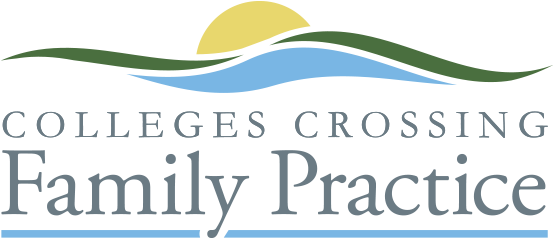Temporomandibular joint (TMJ) pain is one of the most common causes of face pain in adults. Typically, the pain occurs right in front of the ear on one or both sides (sometimes it can be confused with ear pains etc) which is worse with chewing or opening the mouth widely.
The condition is caused by a combination of problems with the chewing muscles and the joint between the jaw and the head. You are more likely to suffer from this if you are aged 20-40, female, have other medical conditions such as fibromyalgia or arthritis, have poor posture, previous injuries to the jaw, clench or grind your teeth or are suffering from psychological stress. When you see your GP about this they will take a history and examine you to rule out other causes of face/ear pain such as tumours, blood supply troubles, nerve pains, dental pains, infections such as shingles and otitis media.
In addition to the pain symptoms, TMJ dysfunction can cause headaches, clicking or popping of the jaw, limited opening of the jaw, jaw ‘locking’, and sometimes changes to hearing and balance such as ringing and a feeling of ‘fullness’ in the ears. (factoid – this is because the muscles of chewing and the structures of the inner ear come from the same embryonic cells!).
Management can be quite straightforward. First rest the jaw and jaw muscles by keeping to a soft diet. Consider simple medications like ibuprofen, and using a warm pack for relief. Sometimes it can be useful to see a physiotherapist for jaw exercises (yes, this is a thing!) or a dentist for a bite guard if you grind your teeth. Occasionally muscle relaxing injections can also be used to help the chewing muscles to relax – your GP will advise on which course of action is the best for your particular situation.
Dr Cath Hester
These articles are not intended to replace a one-to-one relationship with a qualified health professional or as specific medical advice. They are intended as a sharing of knowledge and information from experience and research in the scientific literature. I encourage you to make your own health care decisions based upon a partnership with a qualified health care professional.
